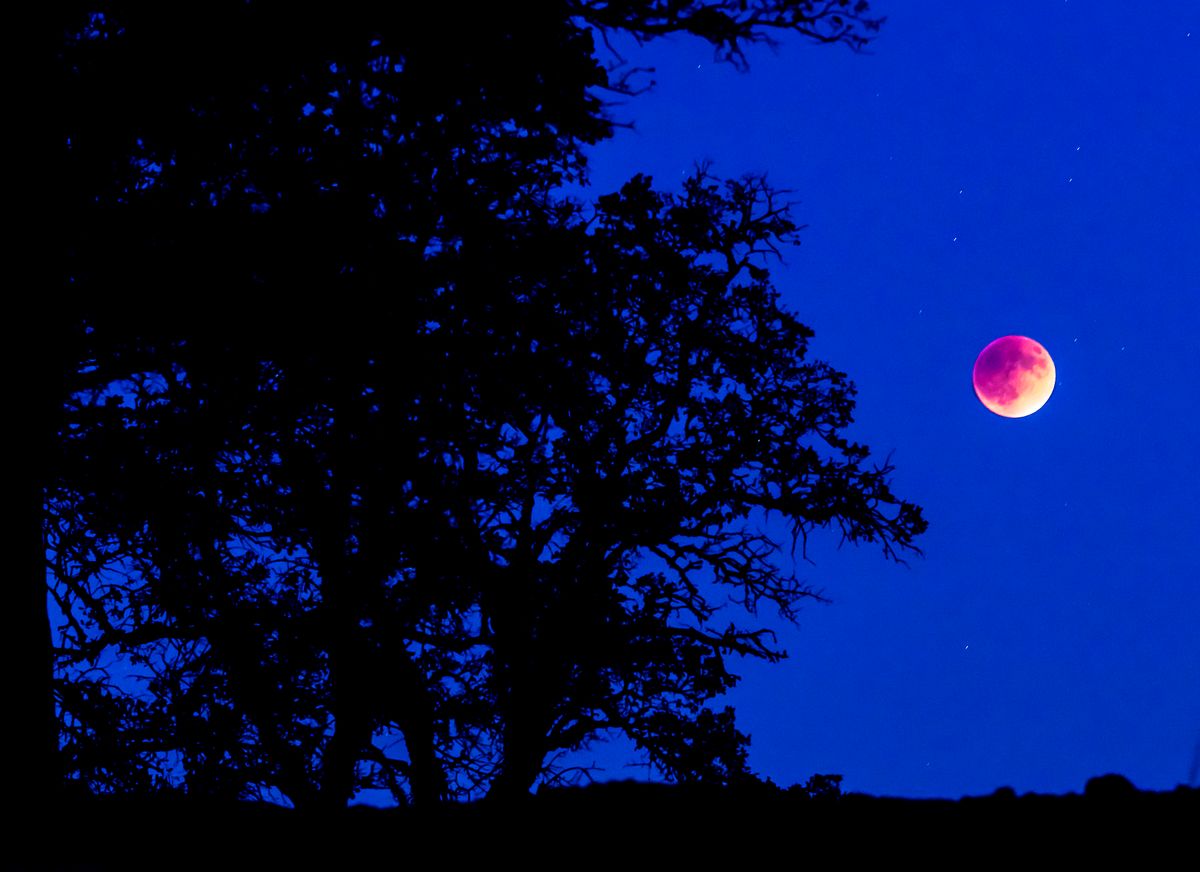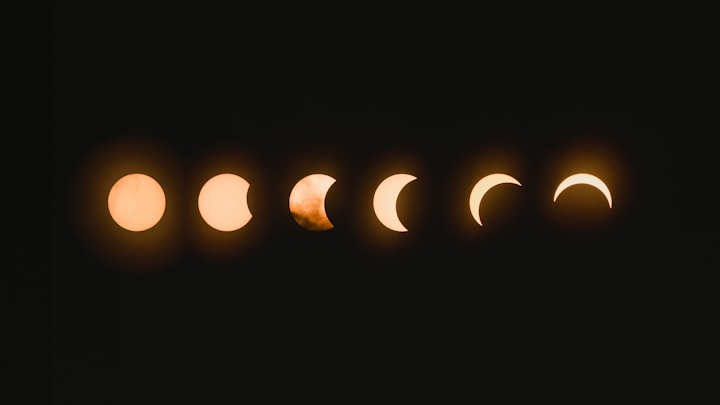Six Small Essays about Comedy
On forms, laughter, jokes, and more.

I. On Forms
Obviously music comes first, then theatre, then the visual arts (painting > architecture > drawing > photography > sculpture > other), then literature (poetry > prose > other), then cinema, then television. I’m open to arguments that film and TV belong under literature or visual arts, though I won’t be entertaining them here. Obviously comedy falls under theatre, below drama but above dance. I’m thinking improv then standup then sketch, but only if we’re talking about great comedy. If we’re talking about good comedy, it’s gonna be standup then sketch then improv. Anything below that and you’re better off getting a nice meal or watching the sunset. Written humor obviously falls under prose, but don’t ask me where, and someday I’ll learn about clown.
II. What Is Comedy?
Comedy is the art of telling the truth. Comedy is the art of lying. Comedy is the art of calling things what they are. Comedy is when things are funny. Comedy is the formal representation of humor, which is the pursuit of lightness. Lightness isn’t hard to find. It’s everywhere, which is why everyone thinks they’re a comedian. The difficulty is giving it form, or rather giving it new form. Almost no one has ever done this.
III. Why People Laugh
Because they hear something surprising. Because they hear something familiar. Because they hear a funny sound. Because they want to. Because they think they’re supposed to. Because everyone else is. Because they recognize a certain rhythm or cadence as humorous. Because they’re uncomfortable. Because they're frightened. Because they’re horny. Because they’re relieved to have been spared misfortune. Because someone is suffering who deserves it. Because someone is suffering who they believe deserves it. Because they realized something true about themselves. Because they realized something true about the world. Because they felt very alone for a long time and now they don’t.
IV. Getting the Joke
In the second week of March 2020 it became clear that I should cancel my flight back to New York from Idaho, where I was visiting a friend. One year later I was living in an apartment just outside Boise and decided I might as well acquaint myself with local history. I picked up a copy of Thunder in the Mountains, Daniel J. Sharfstein’s fascinating chronicle of the Nez Perce War, an 1877 conflict between the US Army and several bands of the Nimíipuu (or Nez Perce) Tribe of Native Americans. To reduce a book’s worth of history into one sentence: the US sought to forcibly remove the Nimíipuu from their ancestral lands, the Nimíipuu preferred to stay, and they fought several battles over the course of a few months, rather to the surprise of the US, which was used to winning more readily.
The book focuses on the charismatic Chief Joseph, who tried desperately to avoid war even as settlers trespassed deeper and deeper into Nimíipuu lands, violating an 1855 treaty. Legend has it that in his formal surrender to the US, he said the following:
Tell General Howard I know his heart. What he told me before, I have it in my heart. I am tired of fighting. Our chiefs are killed; Looking Glass is dead, Toohoolhoolzote is dead. The old men are all dead. It is the young men who say yes or no. He who led on the young men is dead. It is cold, and we have no blankets; the little children are freezing to death. My people, some of them, have run away to the hills, and have no blankets, no food. No one knows where they are—perhaps freezing to death. I want to have time to look for my children, to see how many I can find. Maybe I shall find them among the dead. Hear me, my chiefs! I am tired; my heart is sick and sad. From where the sun now stands, I will fight no more forever.
This speech helped earn Joseph a certain acclaim in the post-war years, when he became a respected advocate for his people and critic of US policy. Those precise words are now believed to be an embellishment, though, by the young lieutenant who recorded the surrender: Charles Erskine Scott Wood, who went on to work as a civil rights attorney, representing the likes of Margaret Sanger and Emma Goldman.
About 126 years after the Nez Perce War, The Simpsons aired an episode in which Bart and his friends join a club called the Pre-Teen Braves, basically dressing up as Native Americans and getting into hijinks with a rival club dressed up as US soldiers. I watched this episode as a child, when it originally aired, and then again this past April, in the midst of my first Simpsons rewatch that I didn’t tire of at season 12 or so. This time around I was equipped to understand a line that went over my head 20 years ago, when Homer, narrating a football game to the Pre-Teen Braves, declares: “I shall bet no more forever.”
This is embarrassing and true: the rush of sudden comprehension flattened me. How monumentally absurd, the sequence of events that had to happen for me to get this one little joke! How esoteric, the joke itself! I looked up the episode’s writer, thinking maybe I could reach out and ask about the line’s backstory. How did they come into this bit of history—the 1975 TV movie I Will Fight No More Forever? Merrill Barr’s 2000 book about the Nez Perce War? The Robert Penn Warren poem “Chief Joseph of the Nez Perce”? A longstanding interest in US expansionism during the 19th Century? It turned out I was too late. The writer was Marc Wilmore, who died in 2021 of complications related to Covid-19.
It’s terrible how much can happen in a few moments, even worse how much can happen in a few years. In a comedy special I watched yesterday, the comic joked that Russia cured Covid by invading Ukraine, because that's when he stopped caring about it. The pandemic was just that, don't you know—something people cared about and could stop caring about, a social construct neatly resolved by the next social construct. People believe this. They're happy to hear it. They laughed and applauded. Were we ever in a crisis? It feels very distant, the part when the losses were so immediate and so horrifying you couldn’t look away. I don't miss it, of course, but I wish it weren't so easy to forget. Now, there’s hardly anything left to see.
V. A Great Idea, Free of Charge
John Wilson and Annie Baker should collab.
VI. The Funniest Thing
The funniest thing is something exploding that you wouldn’t expect to explode. For logistical reasons this is typically the purview of animation. In live action, the next funniest thing is someone urgently rushing somewhere and falling on their face, or possibly the camera panning at a dramatic moment to reveal that someone is present whom we didn’t know was present. In live performance, the funniest thing is someone possessed of an otherworldly energy that seems to speak through them in an off-kilter language that through the sheer force of their performance feels totally naturalistic (see: Conner O’Malley, Joe Pera, Eric Rahill, Kate Berlant, Carmen Christopher, Maria Bamford). I will also consider Jack Handey-style one-liners, but NOT if there’s a guitar involved. Sorry.
Random fires and explosions in The Simpsons 💥
— Criminalsimpsons (@Criminalsimpson) July 28, 2023
- a thread pic.twitter.com/d7ZmYneA1N
Thanks for reading! Please send this newsletter to anyone you think might like it. Through this weekend only, you can also upgrade to a paid subscription for 50% off:
